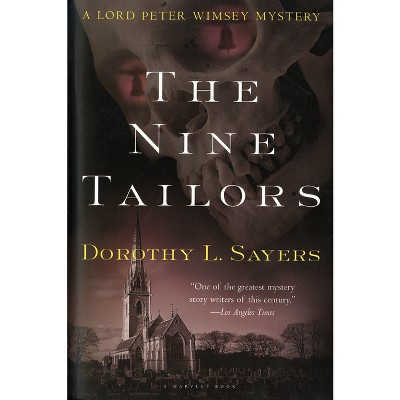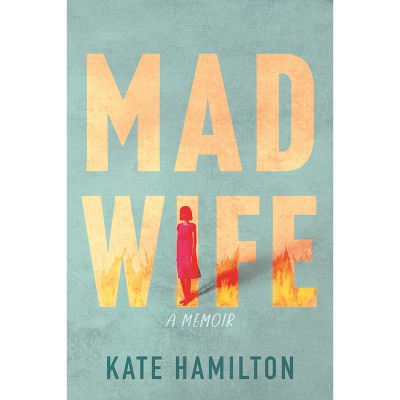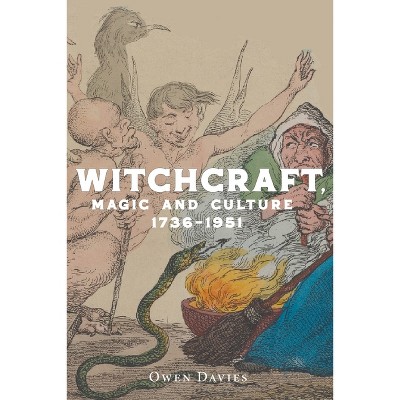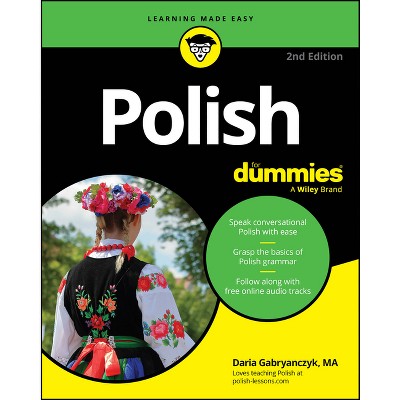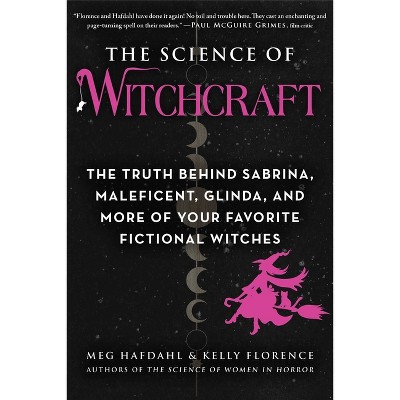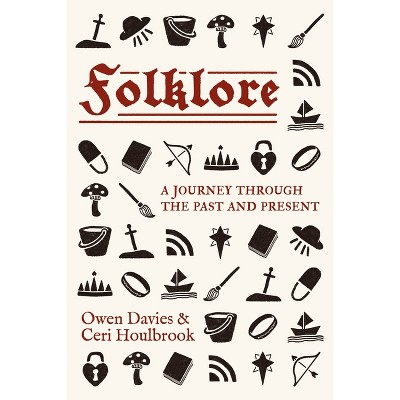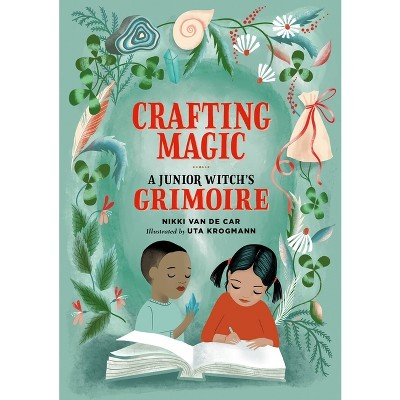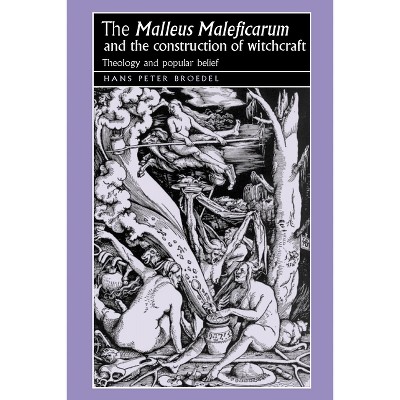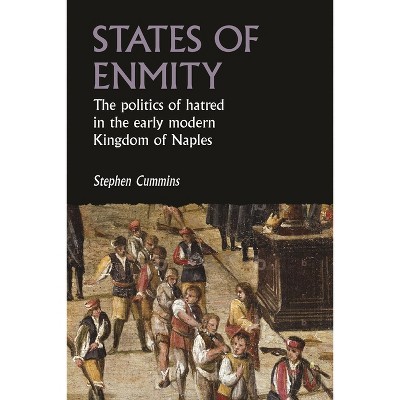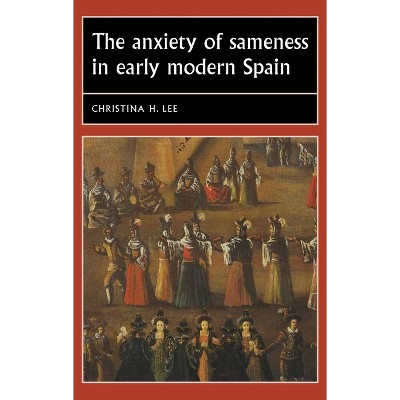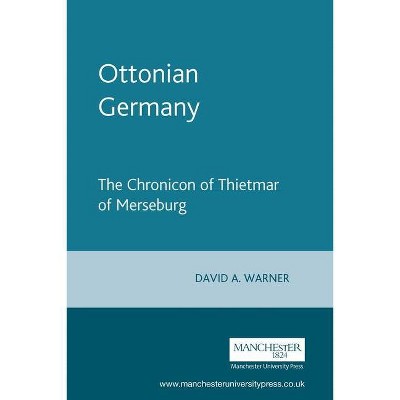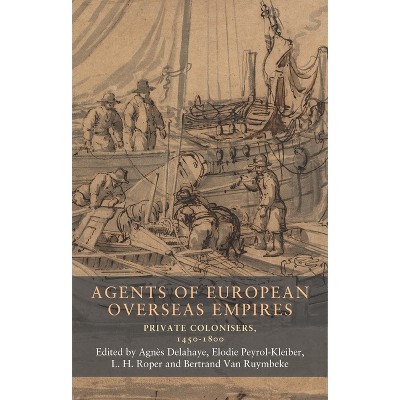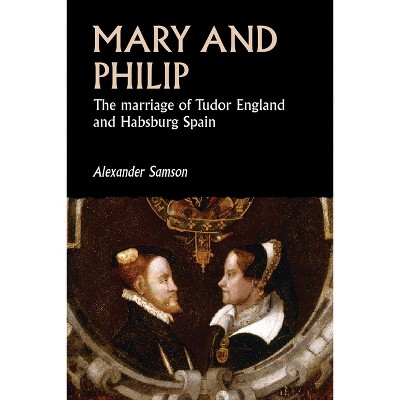Sponsored

Witchcraft Narratives in Germany - (Studies in Early Modern European History) by Alison Rowlands (Paperback)
Pre-order
Sponsored
About this item
Highlights
- Witchcraft narratives in Germany explains why witch-trials failed to gain momentum and escalate into 'witch-crazes' in certain parts of early modern Europe.
- About the Author: Alison Rowlands is Senior Lecturer in European History at the University of Essex
- 256 Pages
- History, Europe
- Series Name: Studies in Early Modern European History
Description
About the Book
Witchcraft narratives in Germany explains why witch-trials failed to gain momentum and escalate into 'witch-crazes' in certain parts of early modern Europe.Book Synopsis
Witchcraft narratives in Germany explains why witch-trials failed to gain momentum and escalate into 'witch-crazes' in certain parts of early modern Europe.
Centred on the German city of Rothenburg ob der Tauber and its rural hinterland, the study draws on the city's rich records to uncover the social and psychological tensions underlying witchcraft accusations and confessions. Remarkably, Rothenburg ob der Tauber saw just one execution for witchcraft between 1561 and 1652. This local pattern provides a vital counterpoint to prevailing historical narratives of widespread persecution, highlighting the 'relative failure' of witch-hunts in parts of Germany and questioning the assumption that mass trials were the early modern norm.From the Back Cover
Witchcraft narratives in Germany explains why witch-trials failed to gain momentum and escalate into 'witch-crazes' in certain parts of early modern Europe.
Centred on the German city of Rothenburg ob der Tauber and its rural hinterland, the study draws on the city's rich records to uncover the social and psychological tensions underlying witchcraft accusations and confessions. Remarkably, Rothenburg ob der Tauber saw just one execution for witchcraft between 1561 and 1652. This local pattern provides a vital counterpoint to prevailing historical narratives of widespread persecution, highlighting the 'relative failure' of witch-hunts in parts of Germany and questioning the assumption that mass trials were the early modern norm. Through careful analysis of legal records containing extensive first-person testimonies, the book provides an insight into the social, cultural and imaginative worlds of early modern peasants and townspeople. These findings are used to reassess existing interpretations of gender in witch-trials, offering an alternative explanation for the predominance of accusations against women. In focusing on Rothenburg ob der Tauber, Witchcraft narratives in Germany offers nuanced and detailed insights into everyday life, beliefs, and conflict in early modern Germany, contributing to ongoing debates about witchcraft, gender, and social history.Review Quotes
'This book remains a masterpiece in its combination of close source readings and excellent microanalysis. It corrects the popular misconception of a widespread witch craze in Europe and offers deep insights into the history of witchcraft and gender relations using the case study of early modern Rothenburg ob der Tauber.'
--Professor Rita Voltmer, University of Trier, Germany
--Professor Raisa Toivo, University of Tampere, Finland
About the Author
Alison Rowlands is Senior Lecturer in European History at the University of EssexShipping details
Return details
Frequently bought together


